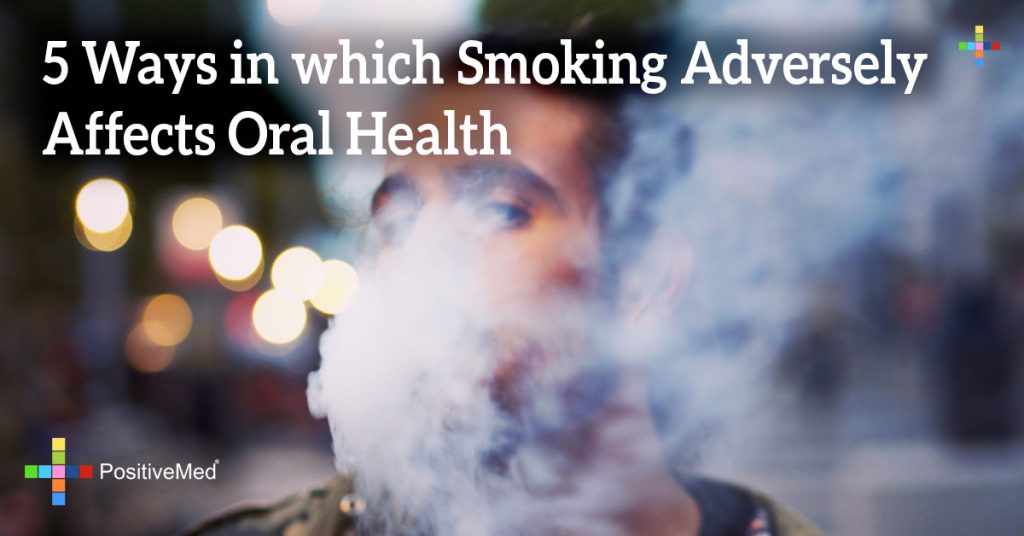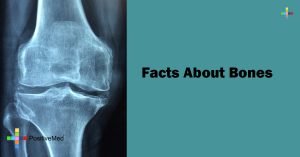
5 Ways in which Smoking Adversely Affects Oral Health
By Clara Carol
An image on a cigarette packet illustrates the ill effects of smoking. Every year smoking causes more deaths than combined the value from HIV, Alcohol, Motor-vehicle injuries and fire-arm related incidents. We know smoking can lead to serious forms of cancers, and at the minor levels, it adversely impacts oral health in several ways. Find out more below, how smoking affects oral health.
Smoking nearly harms every organ of human body, and doesn’t even spare teeth and overall oral health. According to CDC (Centers for Disease Control and Prevention), smoking and human death has a direct relationship. With each passing year more than 480,000 (1 out of 5 deaths) people die in US due to their excessive smoking habit.

In this primer, we list in the next section, 5 ways in which a smoking can ruin your oral health and most body organs.
1- Mouth Cancer
A cigarette puff passes through lips, teeth’s, tongue, throat and lungs. When smoking is accompanied with alcohol, it has more bad effects on a person’s health. Tissues in the mouth and pharynx start developing cancer symptoms, which can only be diagnosed in advanced stages. Every year many people (both men and women) die from oral cancer and 90% of oral patient’s are regular smokers.
2- Dental problems
Smoking affects the overall health of teeth, causing tooth stain and discoloration. It increases chances of developing plaque inside the mouth. High amount of plaque can result in bad breath, dental tartar and tooth decay. Advanced level of tooth decay can also result in bone deterioration and complete tooth loss.
3- Gum Diseases and Cavities
Smoking or chewing tobacco weakens attachment of bone and soft tissue, leading to gum diseases of different degree. Smoking impairs blood flow into tissues causing low level of oxygen, leading to various infections and periodontal disease. Smoking interferes with the regular functions of tissues and causes slow wound healing in tobacco users.

4- Cracks Enamel
Tooth enamel is one of the strongest tissues in the human body. Enamel is a white parasol and one of the four major tooth tissues. It can be destroyed by bacteria, which enters in human body through smoking. More than 4000 chemicals settle inside the mouth while smoking. The bacteria can damage the protecting layer of teeth (Enamel), resulting in dry mouth and bad breath symptoms. Further, tiny cracks in enamel can lead to permanent staining and triggering germ infections inside teeth.
5- Altered Taste
Smoking kills taste senses inside a smoker’s tongue. It interferes with taste senses and results in less enjoyment of food. Usually, smokers are habitual of eating more sugar or salt in their dishes, this happens because they’ve lost most of the taste senses. Smokers also have less precise sense of smell in their surroundings.
Increased Health Risks
Smoking not only causes respiratory diseases, but also acts as a catalyst in developing cancer anywhere in the human body. It can cause bladder, liver, stomach and pancreas cancer (the major reason of Steve Job’s death) in body. Other health risks include premature delivery, low birth weight and reduction in fertility rate. Smoking also affects the overall bone health in human body. Smoking is also estimated to increase the risk of heart stroke by 2 to 4 times. Smoking causes lung cancer development in women even at a faster rate than men.
Author Bio: Clara Carol is practicing dentist in Brooklyn, New York. She loves to write when finds time she has written various articles pertaining to dental hygiene and overall health for various online health blogs and e-magazines.





